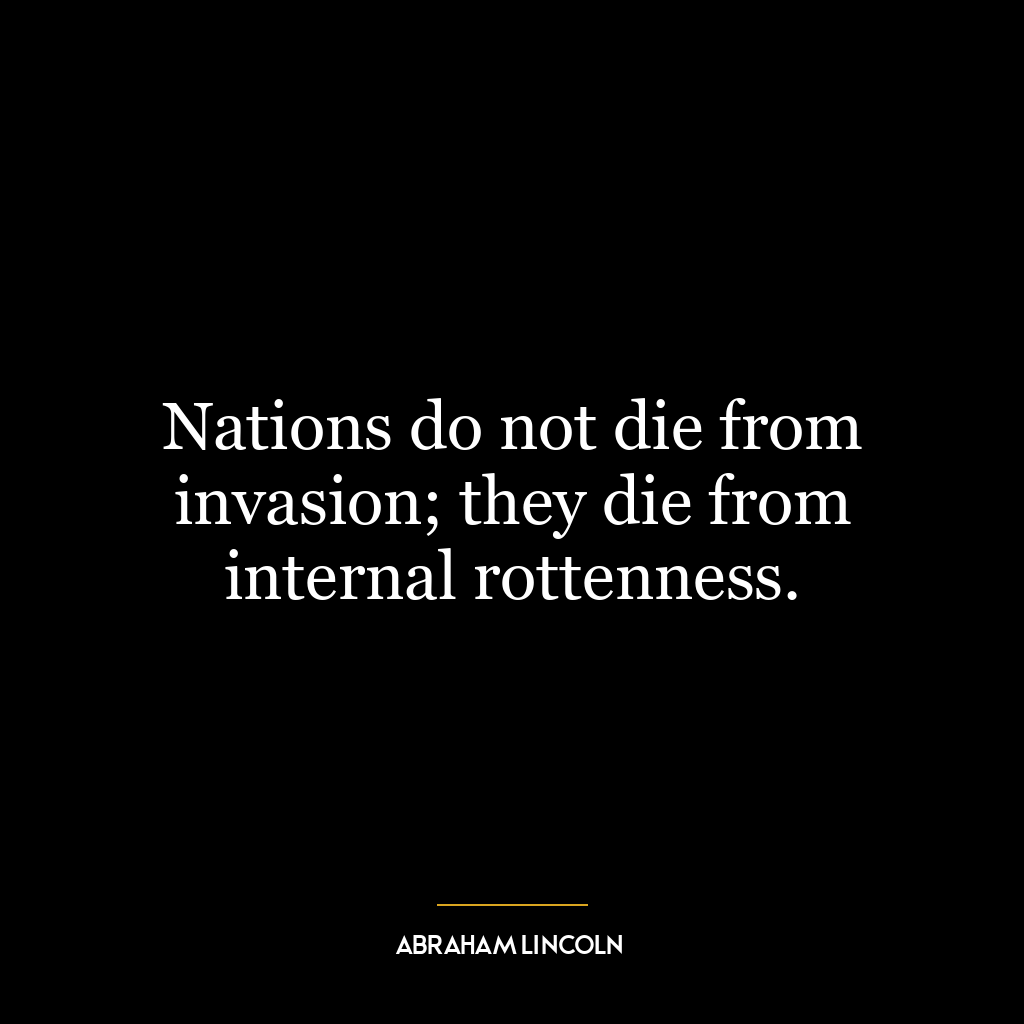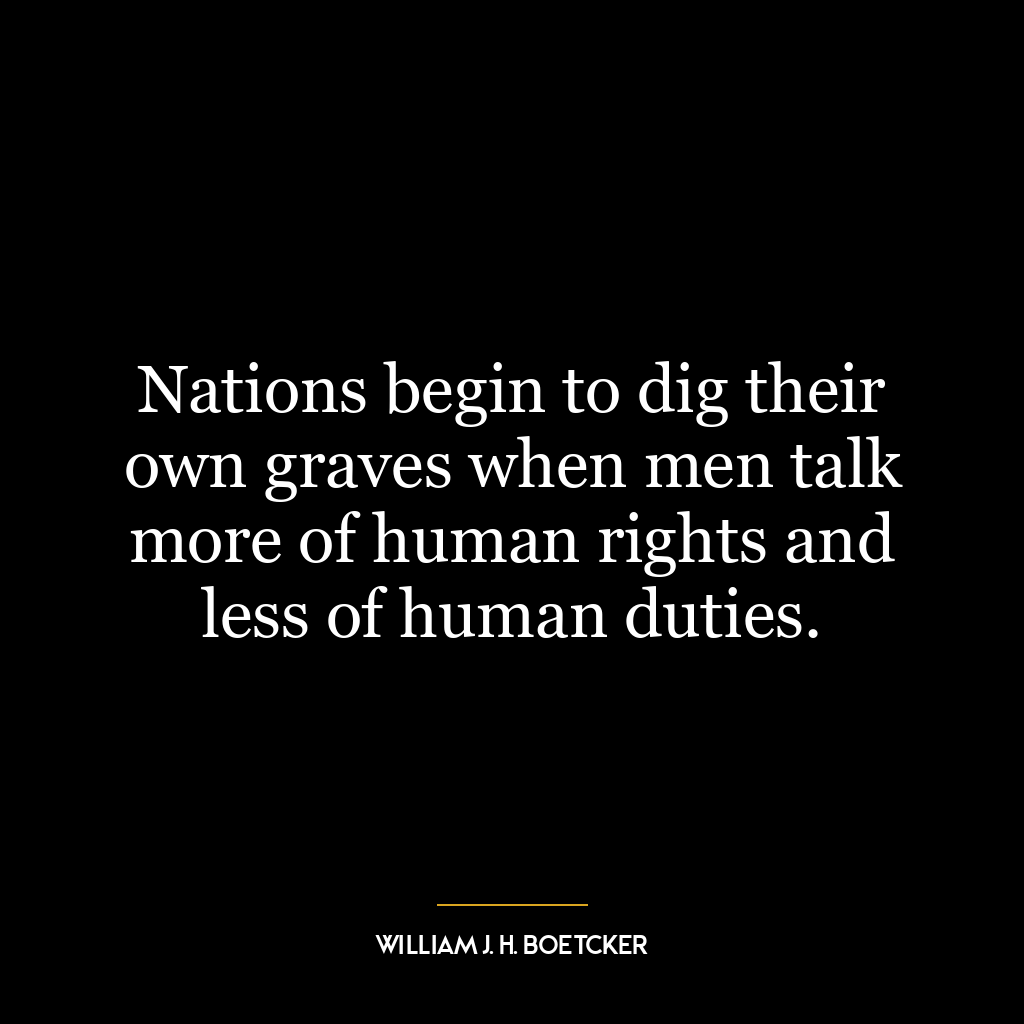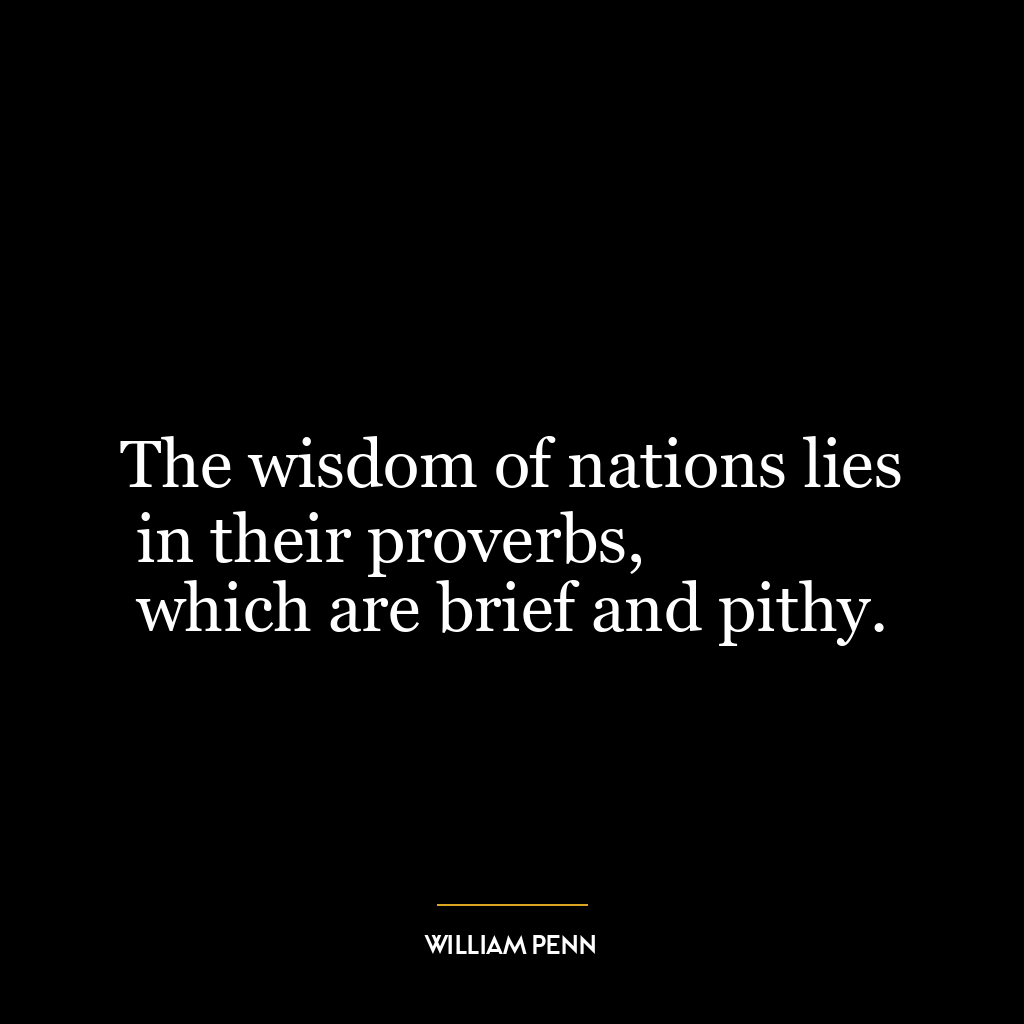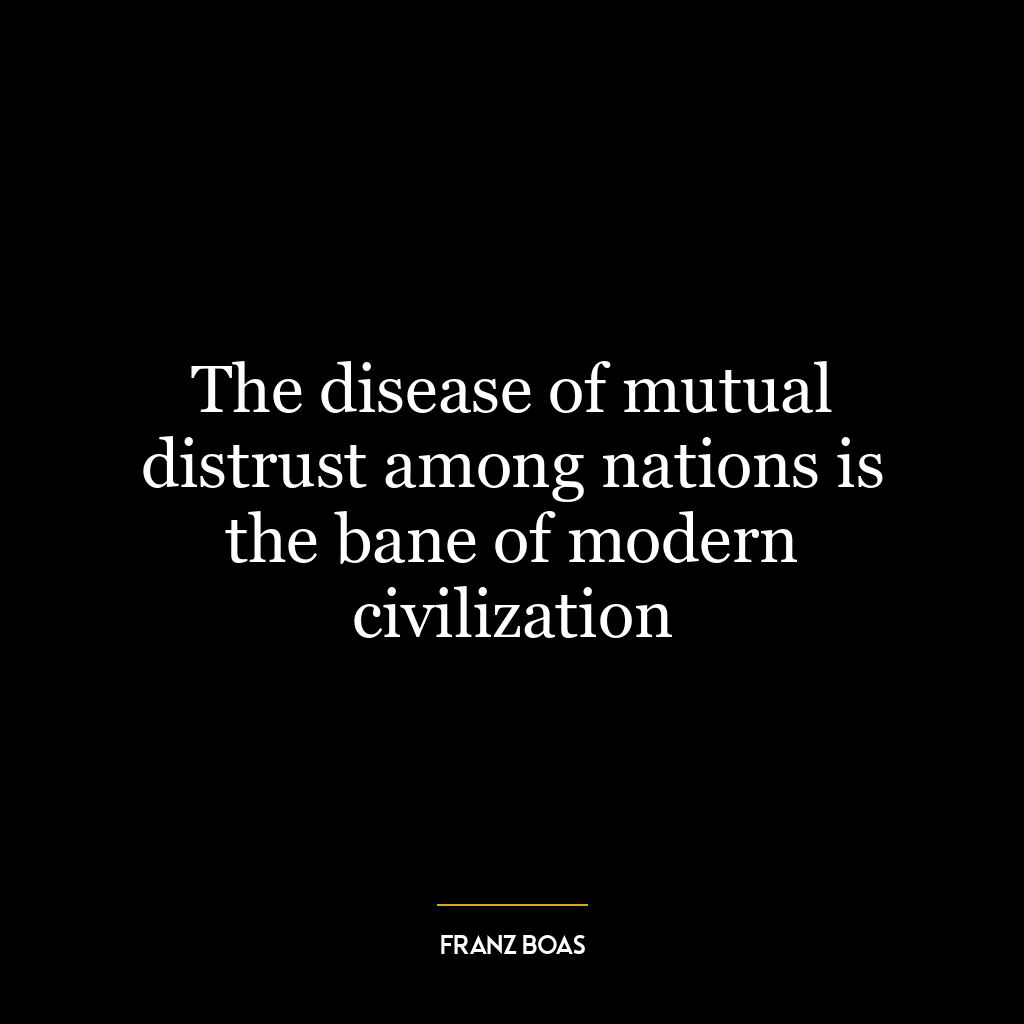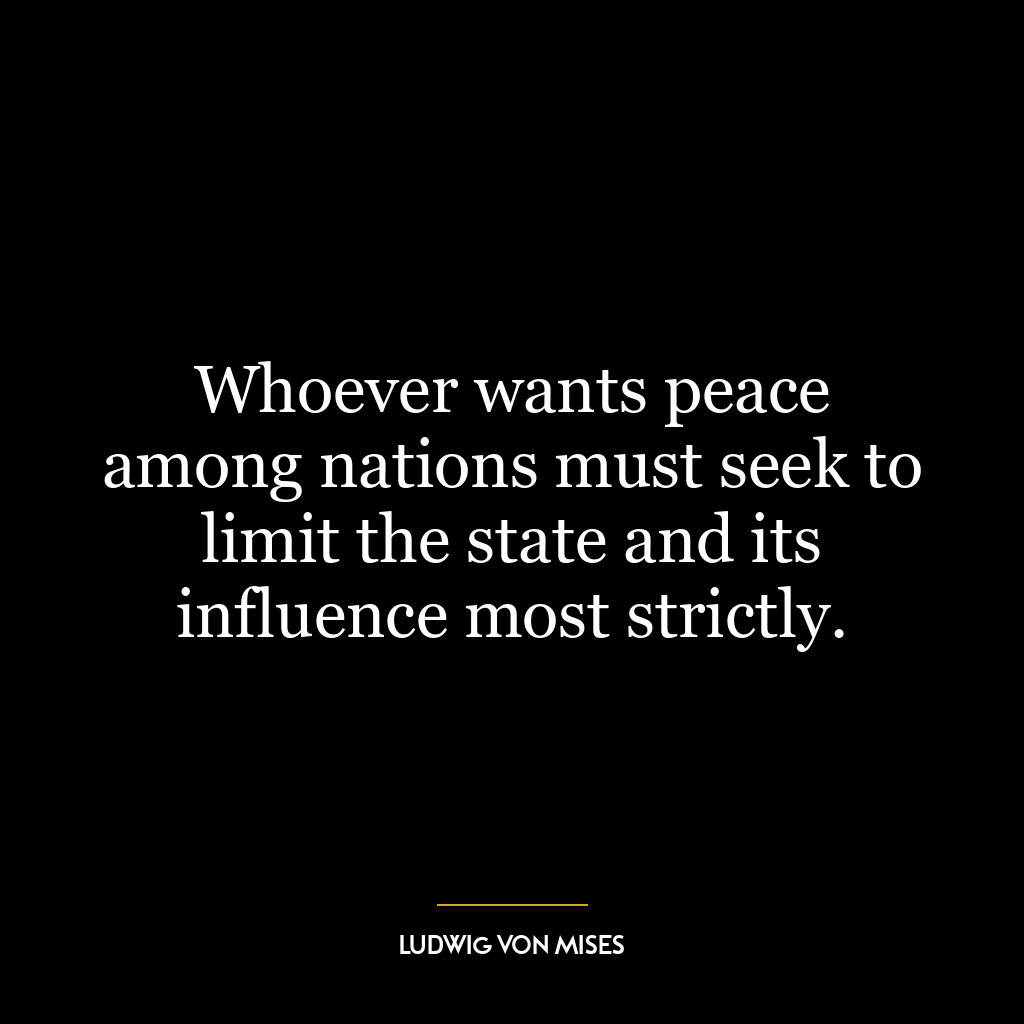Nations do not die from invasion; they die from internal rottenness.
This quote suggests that the greatest threat to a nation’s survival is not external forces, such as invasion by another country, but rather internal decay. “Internal rottenness” refers to factors like corruption, economic instability, social inequality, or political discord that can weaken the fabric of a society from within. Essentially, it’s the idea that a nation is only as strong as its internal structures and systems, and when these are compromised, it is more susceptible to collapse than from any outside force.
Applying this idea to today’s world, we can see that countries facing high levels of corruption, political instability, or social unrest are often more vulnerable to crises. For instance, the economic collapse of Venezuela was largely due to internal factors like corruption and poor governance, rather than external invasions. Similarly, nations with strong internal structures, like robust economies, stable political systems, and low levels of corruption, are better equipped to withstand external pressures, such as economic downturns or geopolitical conflicts.
On a personal development level, this quote can be interpreted as a reminder to focus on strengthening our internal qualities, like resilience, integrity, and emotional intelligence, rather than worrying excessively about external threats. Just as a nation is more likely to collapse from internal decay, an individual is more likely to falter due to personal weaknesses, such as lack of self-discipline, than from external factors. Therefore, investing time and effort in personal growth and self-improvement can make us more resilient to external challenges.

